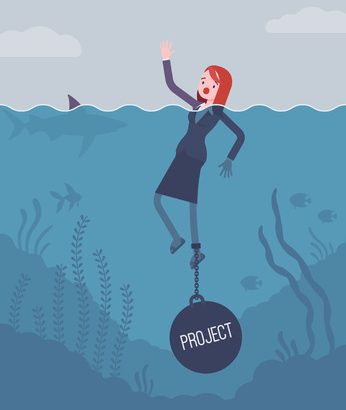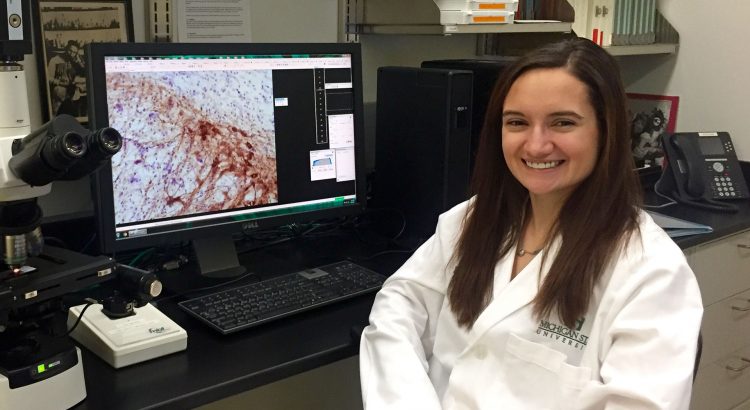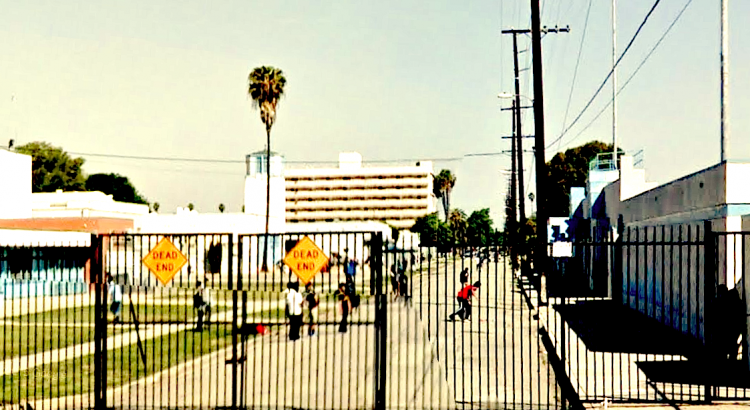Podcast: Play in new window | Download
Subscribe: Spotify | Email | TuneIn | RSS
It’s inevitable. At some point in your research career, you’re going to get that sinking feeling.
Your experiments will all fail, your PI will get on your case about finishing that paper, and your graduation date will drift maddeningly out of reach.
So what can you do when your research starts to drag you down?
Coming Up for Air
This week on the show, we share some practical advice from the Academic Mental Health Collective on ways graduate students can get going when the going gets tough.
Stress, anxiety, and depression are inevitable in your graduate training. At least they were for us!
At the same time, these painful emotions can be a valuable signal that it’s time to step back, take stock of your situation, and ask for help. There are resources on, and off, campus to help you through the hard times.
By thinking ahead, you’ll meet your training challenges with a tactical plan and a team of supporters to help you through. It does get better, we promise!
The Check is in the Mail
Science in the News brings us the story of a New York court’s $15 million judgement against Sci Hub, the online research paper pirate ship. We explore the legal and moral implications of the action, and make bold predictions about the future of scientific publishing.
If you’re interested in the history of academic publishing and how we got into this quagmire in the first place, we highly recommend Stephen Buranyi’s Guardian piece titled: Is the staggeringly profitable business of scientific publishing bad for science?
We also celebrate the beginning of summer by breaking our IPA fast. We’re drinking the Nectar IPA from Humboldt Brewing Company. This golden beauty has a sweet start and a bitter finish, sort of like my first marriage!*
(*Yes, this is a total lie, but the setup was perfect and impossible to resist. Sort of like my first marriage!**)
(**Okay, I’m done.)




